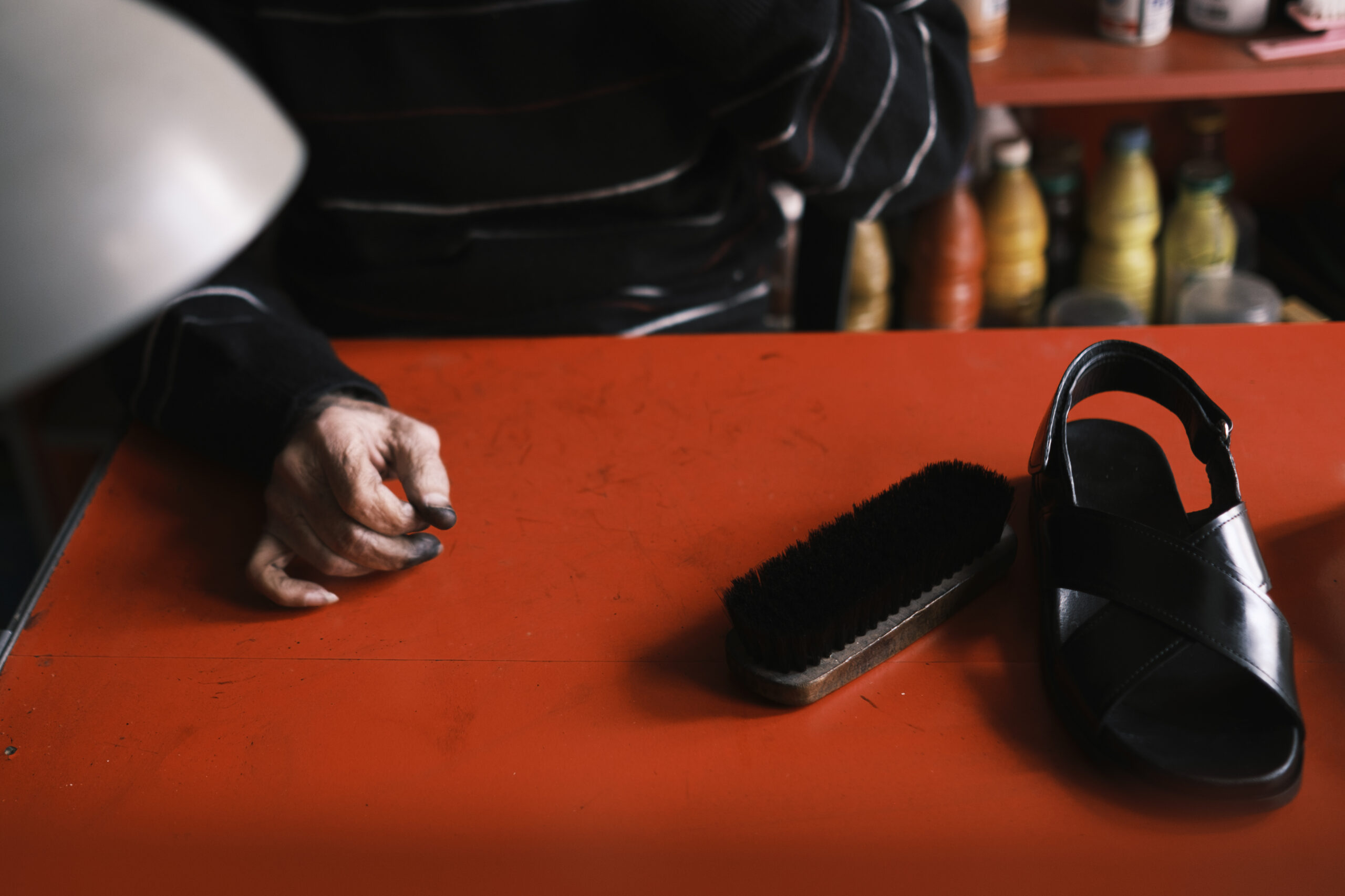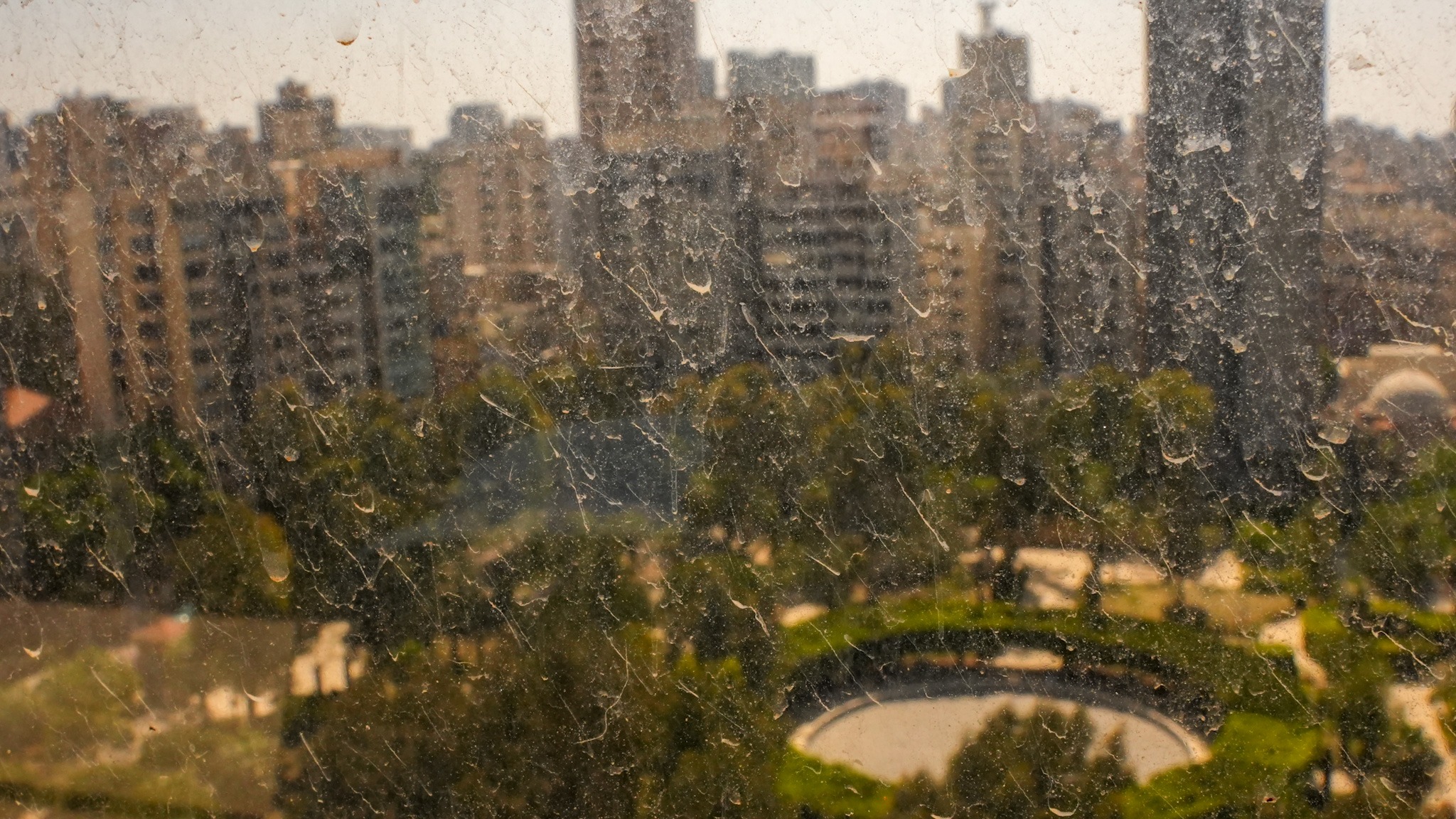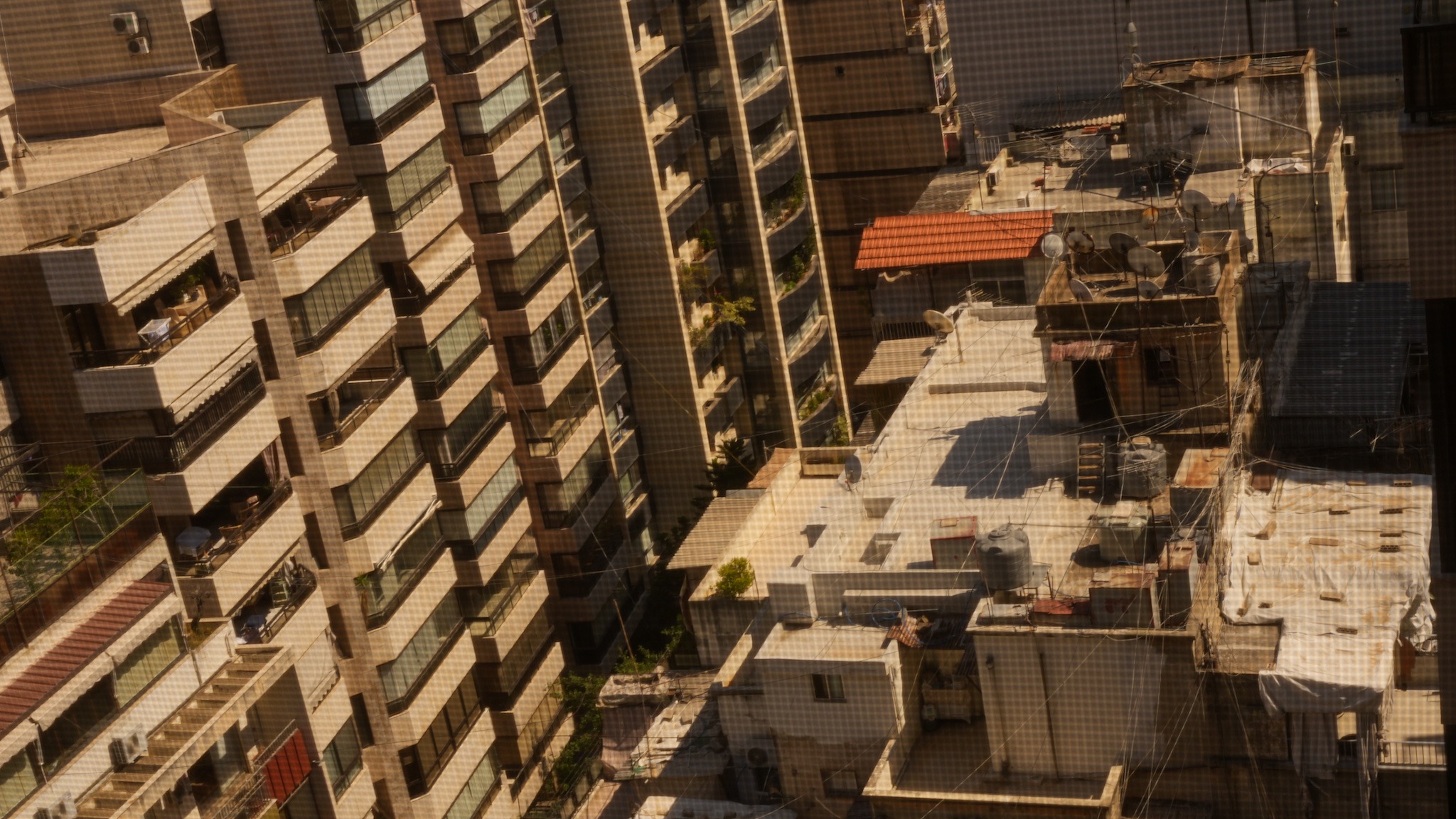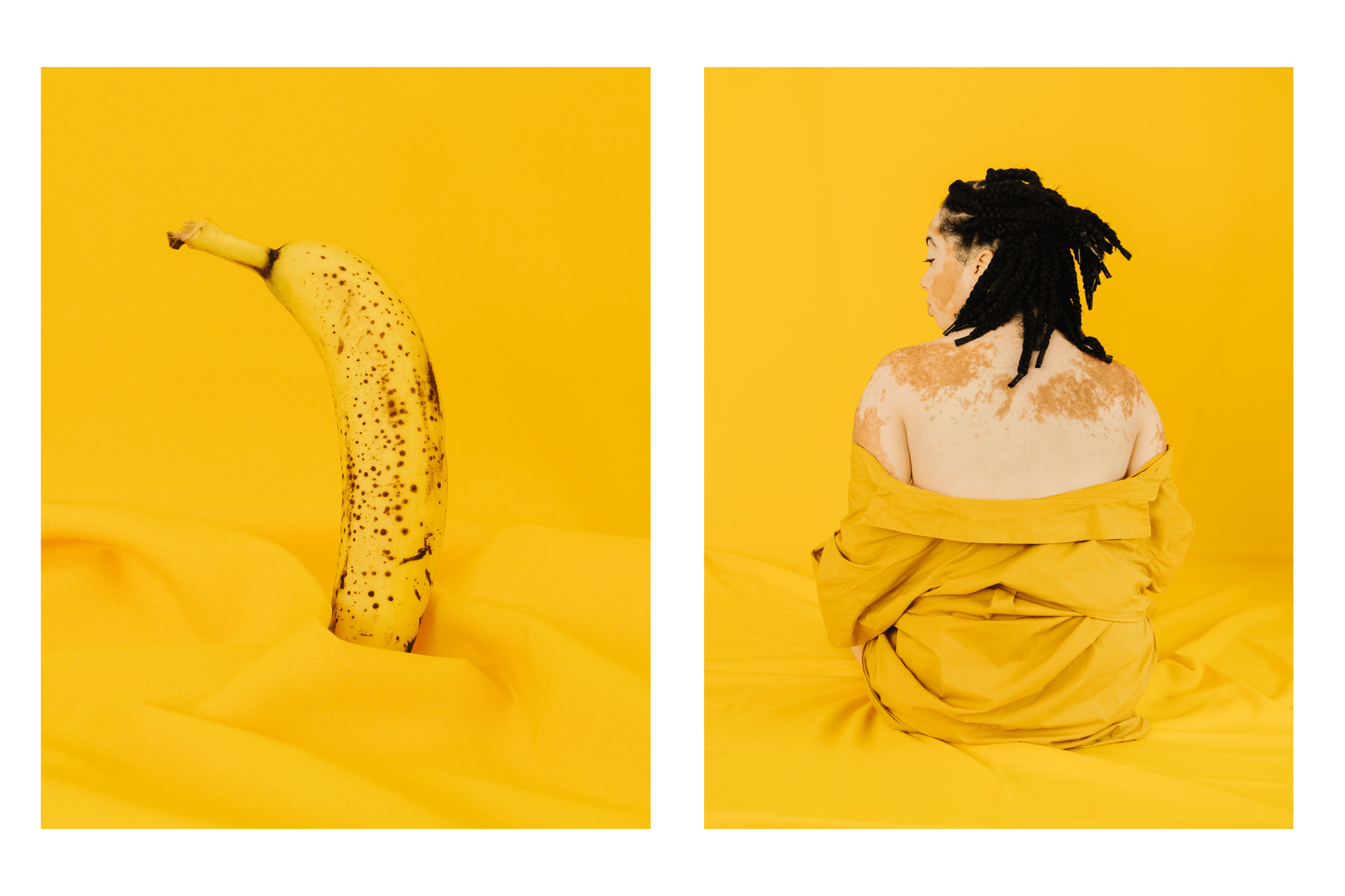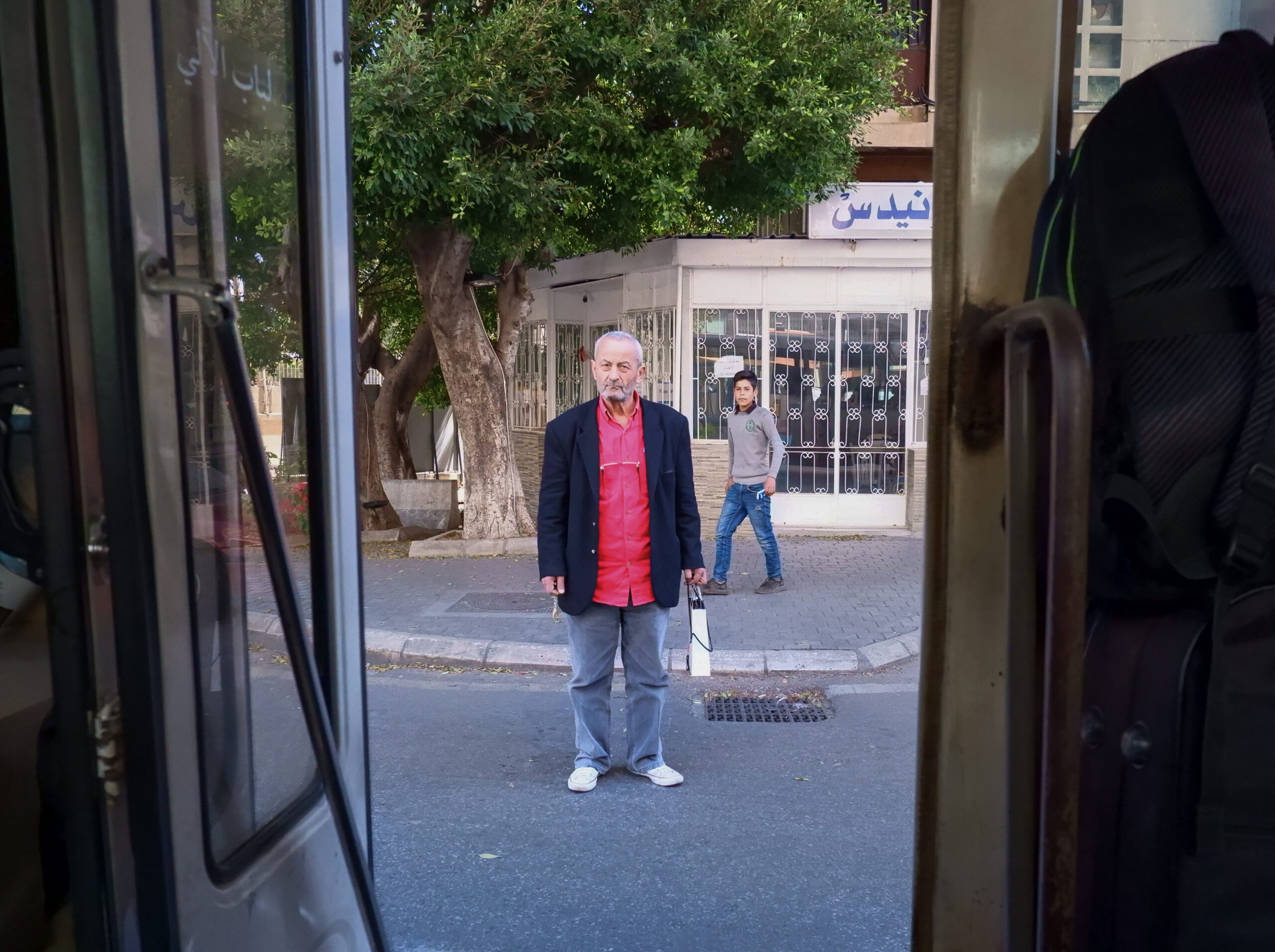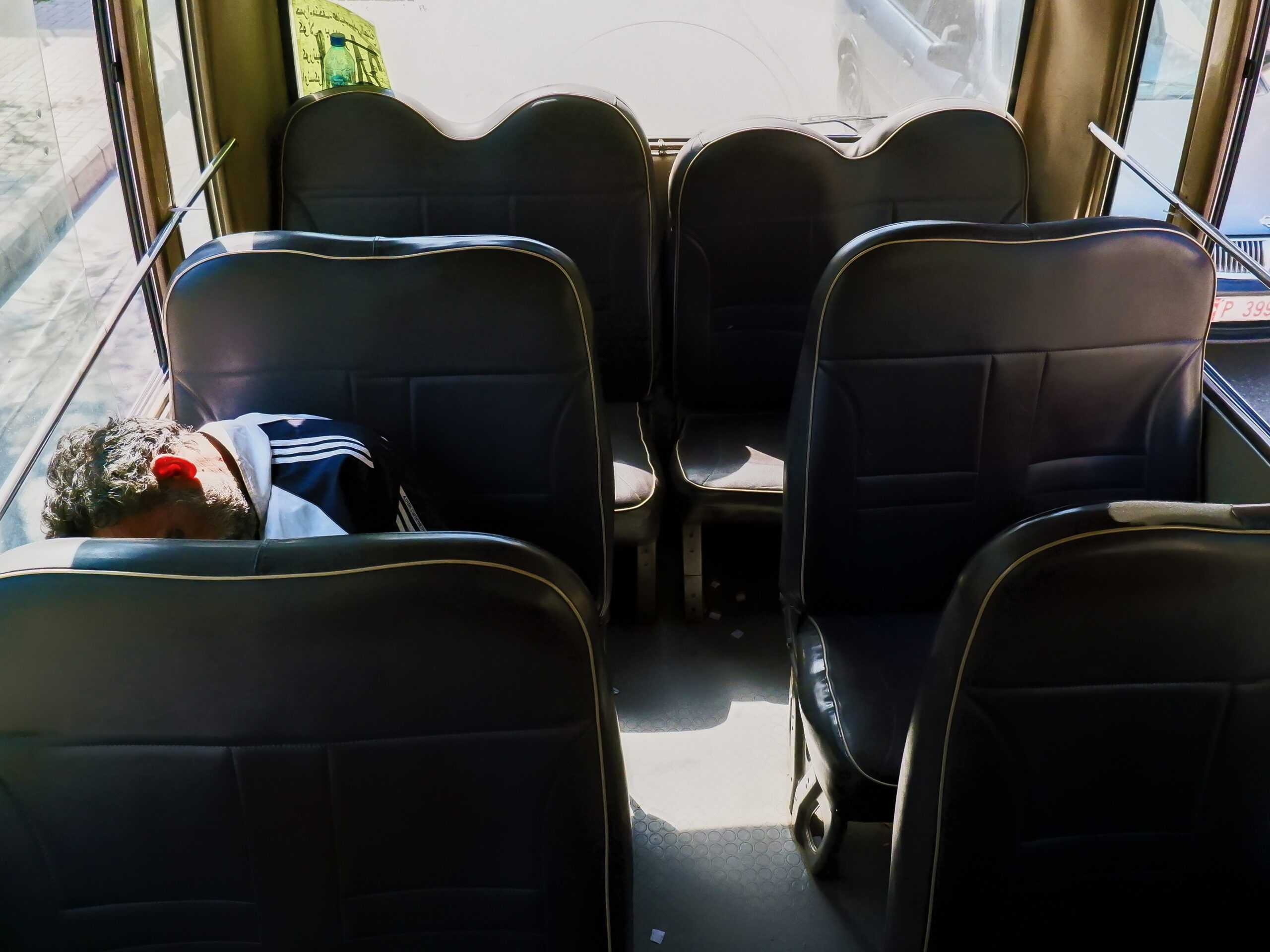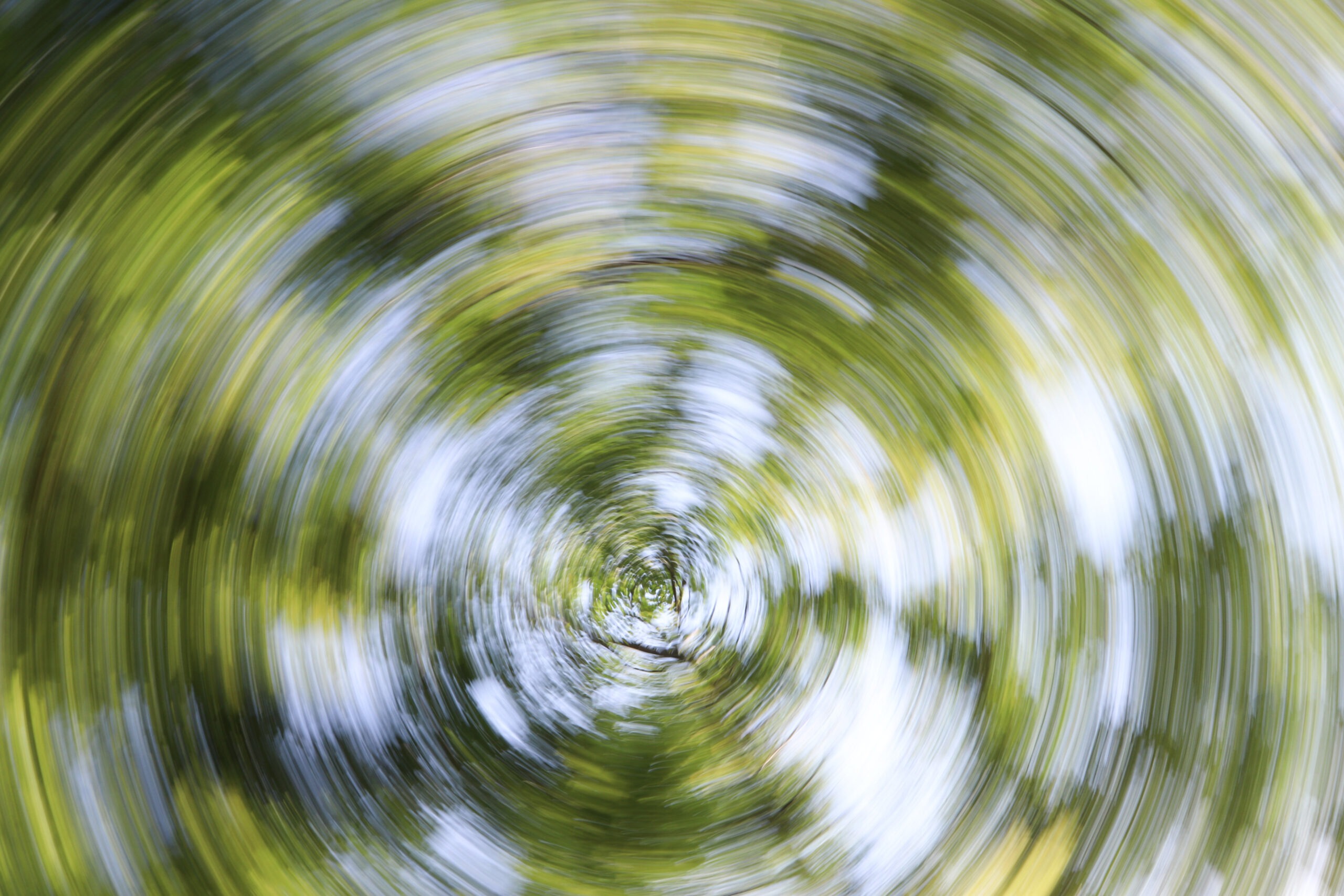STORIES MATTER PROJECT
THE PROJECT
“Stories Matter” exhibition highlights some of the issues and the opportunities of community and sustainability – the role of the public spaces and their impact on the community, human rights and their inclusion within the society, sustainable agriculture and the importance of the local producers for the rural communities, eco-villages, slow fashion and local artisanal as hidden gems, and public transport and their interconnection for the sustainability of the community.
The project is part of the New European Bauhaus Festival in June 2022 in Brussels. It takes place in three cities at the same time: Beirut, Barcelona and Brussels. The choice of three cities is to discover how projects, art, culture and social initiative intersect to transform our community into an inclusive, beautiful and sustainable future place to live in.
IN CONVERSATION WITH HAMRA SHOEMAKERS
Beirut exists differently in our grandparents’ memory. Asking them for directions around the city could lead you up to corners of stories untold. This is the story of shoemaker Rafik and his old friend and current assistant. Two men belonging: two men belonging to an older generation, clinging together in a fast-changing world and in a dramatically crisis-hit Lebanon. Their story reflects the consequences of unsustainable economic growth and consumerism, but it’s also a story of generational gap and hardship during the most severe economic deadlock in Lebanon.
Jana Khoury, and Leonardo Sartori
PUBLIC SPACES FOR THE GREATER GOOD OF COMMUNITIES
Lebanon’s past conflicts have altered people’s relation with public spaces. The civil war divided the capital, drastically reducing Beirut’s historical public spaces and contributing to social segregation. I lived in France for 15 years. From spring to autumn, after work, I would sit with my friends on the large stretch of green grass facing the lake. I, we, always felt safe and free. Free to access a free public space, free to dream, laugh and sing. Free to meet others and enlarge our friends circle. Spaces in Lebanon should not be a reserve for the country’s elite; they need to be made public and perceived as a breath of fresh air, a place where people can let their imagination and creativity run free between the colors and perfumes of the flowers and the birds chirping on the trees. A place where people can get together, interact and unite and eventually, build a nation.
Chloe Khoury
GROWNthisway
Every day, tons of foods are destroyed because they do not comply with societal standards. And every day people are judged and condemned because they do not live up to certain ideals. But what is normal? What is different? And when did we allow ourselves to give away the freedom to answer these questions ourselves?
Society’s attitude towards deviations from the norm is merciless. And we are part of that society. And precisely because this is the case, we have the opportunity to change it from within. But first, we have to recognize again the beauty and uniqueness that constitutes “being different”.In this photo series, Amina Stella Steiner juxtaposes images of unusual foods with images of extraordinary people in order to question our perception and consumer behavior in an artistic way. The project is complemented by a photo series of body – and food studies as well as a project video that once again shows the uniqueness of being ‘special’.
Amina Stella Steiner
HOW WE TRANSIT BEIRUT
The dynamics of movement in a city can give you a glimpse into its social structure. Prior to Lebanon’s economic crisis public transportation was reserved for those who had no other options, however, it is now bridging gaps between the different people of Lebanon. This shift brings with it intriguing connections and stories.
This one in particular is not about any character in particular, but about their common struggle and the inadequacy of public transportation in Lebanon. It recounts the difficulties of drivers amid the crisis, the resentment of the people to being forced into using public transportation.
In a broader sense, it highlights how whatever people share, despite how unpleasing, ends up bringing them together.
Laila Hommos and Georges Matar
WE SALUTE THE HEART
40 km far from Beirut is located Saida, a well-known city for its rich environment or that’s how it used to be. Throughout the years the green space in the city got compensated by real-estate investors and improper urban planning without any concerns about the possibilities of sustaining abundant agriculture, however, 2 years ago a substantial environmental initiative was launched at the heart of the city called “We salute the earth” a civil garden for participatory ecological agriculture in Saida, where people are not just invited to learn about agriculture but also have the opportunity to plant their own garden beds and then sell their crops at a market held every weekend.
Omar Bsat
EMPOWER THE ARTISTS
Empower the artists during their journey through the development of the project, and Select the Story that Matters to you.
To buy the pictures, here the instruction:
• Insert the project and author’s name in the note of the payment if you want the 3 pictures (open price, starting from 60€ for the full project);
• Insert the photo and author’s name in the note of the payment if you want a specific picture
(open price, starting from 20€ for each picture)
• The only rule is to post the photo when you receive it and tag @greengrowthgeneration and the artist name!
info@greengrowthgeneration.com
P.IVA: 09957421218
EU PIC NUMBER: 886959465
Where you can find us – Everywhere
Copyright © Green Growth Generation 2021



